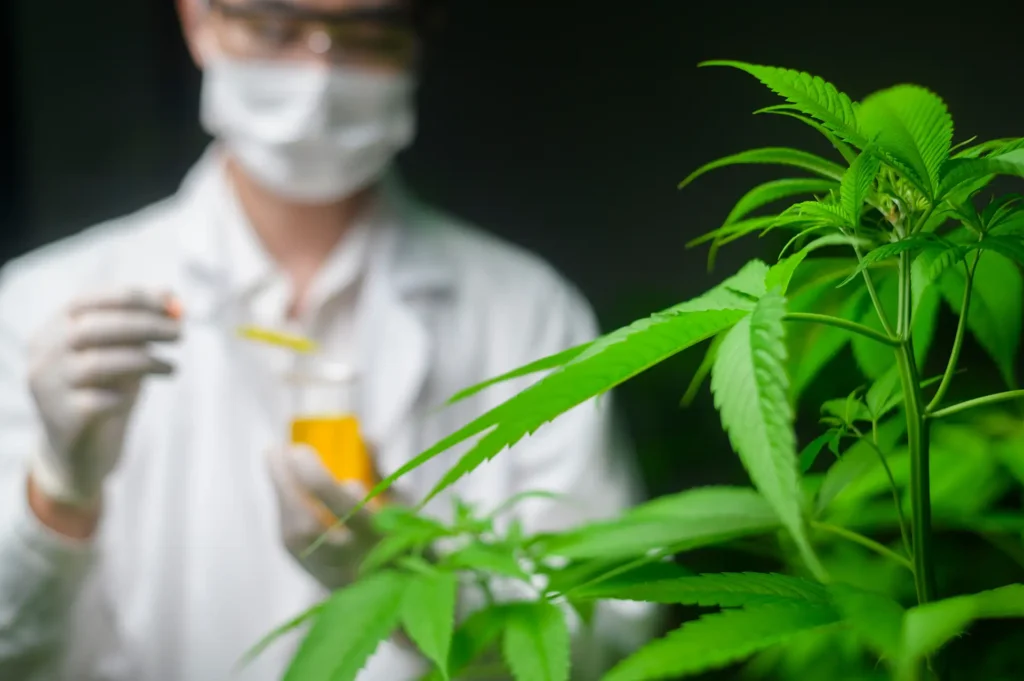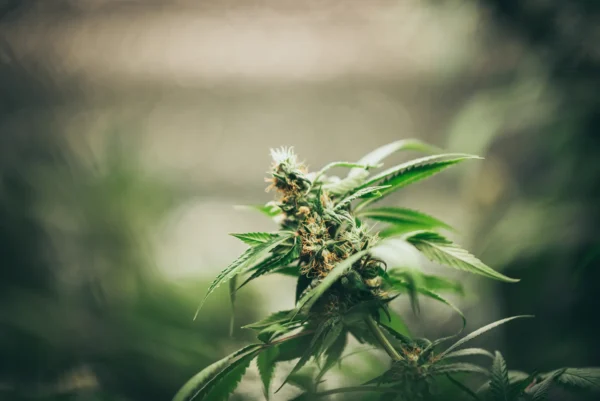Inflammation is a natural and vital response to infection and tissue damage. It is important in helping the body to heal in response to injury and to protect against potentially harmful bacteria and viruses. There are many components of the immune system, but these can typically be thought of as the innate and adaptive immune systems. In response to injury the body releases special chemicals which inform the immune system where the injury has occurred, allowing them to migrate to the appropriate site. This process results in some of the characteristic symptoms associated with inflammation including pain, swelling, redness and warmth.
In the setting of chronic inflammatory conditions, this process is either activated in error or continues to be active for longer than necessary. This can cause people to be affected by chronic pain, in addition to the other potential long-term effects of chronic inflammation. In individuals with inflammatory arthritis, this may cause destruction of affected joints. Whilst in inflammatory bowel diseases, such as Crohn’s disease and Ulcerative Colitis inflammation disrupts the lining of the gut typically causing short-term problems, such as diarrhoea and bleeding, in addition to scarring and narrowing of the intestines.
Inflammation and the Endocannabinoid System
The endocannabinoid system (ECS), which is expressed throughout the body in the central nervous system and the immune system, has been found to play a regulatory role in several important processes, including pain perception, stress response, metabolism, and inflammation. Phytocannabinoids from the Cannabis Sativa plant can interact with this system, triggering a wide range of responses.
Through these interactions, cannabinoids, including major cannabinoids cannabidiol (CBD) and tetrahydrocannabinol (THC), have been investigated for potential medicinal effects. However, little research exists on the anti-inflammatory potential of minor cannabinoids. A recent study aimed to understand the anti-inflammatory effects of three minor phytocannabinoids: cannabichromene (CBC), tetrahydrocannabivarin (THCV), and cannabinol (CBN).
The researchers treated a human monocyte cell line with different doses of the studied phytocannabinoids or vehicle for one hour. They then followed up with a treatment of 500 ng/mL of lipopolysaccharide (LPS) or left untreated for three hours. To induce the second phase of NLRP3 inflammasome activation (a kind of inflammasome that demonstrates a close association between its activation and inflammatory diseases).
Results of the Study
Downregulation of Proinflammatory Protein Molecules
All three minor cannabinoids investigated in this study were found to downregulate pro-inflammatory signaling molecules.
Both 5 μM and 15 μM THCV downregulated the immature and mature forms of interleukin (IL)-1β. Furthermore, the high dose of THCV effectively mitigated the second phase of NLRP3 activation, in contrast to the lower dose of THCV.
CBC was also able to significantly suppress the production of both Pro-IL-1β and IL-1β. However, unlike THCV, the lower dose of CBC diminished the activation of the second phase of the NLRP3 inflammasome.
Only the higher dose (15 μM) of CBN influenced the production of Pro-IL-1β and IL-1β. Neither 5 μM nor 15 μM CBN could mitigate the assembly of the NLRP3 inflammasome in the second phase.
All three phytocannabinoids demonstrated the ability to modulate the levels of pro-inflammatory proteins, IL-6 and cyclo-oxygenase (COX)-2, at the protein level. The response of IL-6 to all three cannabinoids was dose-dependent. Both doses of THCV, CBC, and CBN reduced the production of COX-2.
Furthermore, both doses of THCV had a mitigating effect on both forms of tumour necrosis factor (TNF)α – an important pro-inflammatory signalling molecule. In contrast, CBC increased the production of Pro-TNFα in a dose-dependent manner. Both doses of CBN were able to downregulate both forms of TNFα in this model. These results indicate that all three cannabinoids were able to inhibit the production of pro-inflammatory mediators.
Response of Inflammation-Associated Transcription Factors
Both doses of CBN and THCV downregulated the phosphorylated form of nuclear factor (NF)-κ, which plays a critical role in regulating the production of multiple proteins involved in inflammation. However, only the lower dose of THCV mitigated the phosphorylation of NF-κB, while both doses of CBN had negative effects on NF-κB phosphorylation. None of the doses of CBC exhibited inhibitory effects on either the transcription or phosphorylation of NF-κB
All three phytocannabinoids down-regulated STAT-3 (a transcription factor that, upon activation, stimulates the expression of various pro-inflammatory cytokines) phosphorylation and subsequent activation.
Conclusions
The authors of the study conclude that minor cannabinoids, “THCV, CBC, and CBN exert anti-inflammatory effects by influencing different stages of gene expression: transcription, post-transcriptional regulation, translation, and post-translational regulation.” Further clinical studies will be necessary to understand how this is relevant in humans affected by inflammatory conditions.





